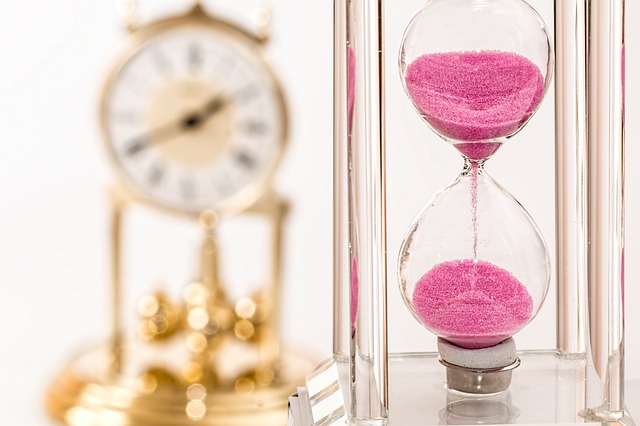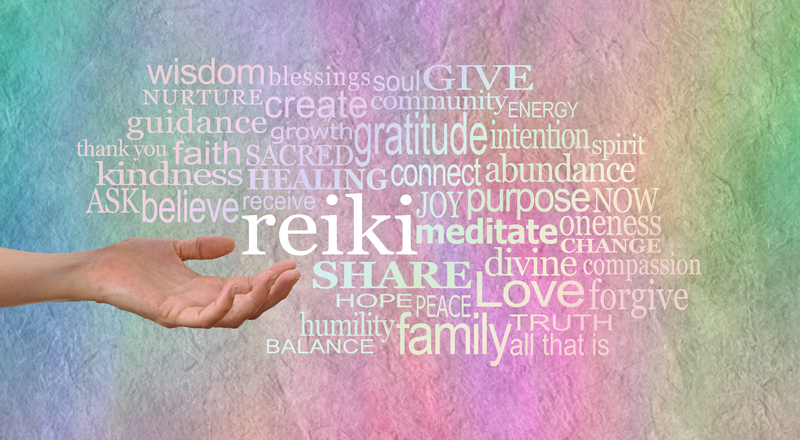Time – is it on your side? Do you fight against it? Do you think it is static and unmovable? Actually time is a great illusion. If you are doing something you love, a minute hardly counts at all. If you are trying to hold your breath, or the dentist is drilling in your mouth, a minute lasts a long, long time. The last 2 minutes of a football game can stretch on and on.
We can either use time to our advantage, or give it power over us to make us anxious.
If you have a reasonable departure time in mind, and a reasonable arrival time as well, how do you spend the time in between? Are you checking your watch to see how you are doing on time?
It’s an interesting and fun exercise to forget the clock exists and just send out the intention to travel safely, expediently and to arrive when you intend. When you get good at that you can take that idea even farther.
The illusions of time and how to understand them
Have you ever wondered why time seems to move faster as we get older? Or why some moments seem to drag on while others fly by? It turns out that our perception of time is largely based on illusion. But if we understand the nature of these illusions, we can learn to control them and live in the present moment. Here’s a look at the illusory nature of time and how to make sense of it all.

The feeling that time is speeding up as you get older
As we get older, it seems like time whizzes by faster than ever before. It’s as if each day is zooming by and soon the years are passing in a blur of busyness. We often reflect on how quickly childhood passes and yet we fail to notice that every year after has feel shorter too. This accelerated passing of time can be both disorienting and intriguing – it serves as a reminder to make the most of our years and savor each moment as much as possible!
Why certain events seem to take forever while others fly by
Why is it that some events seem to drag on forever, while others fly by almost too quickly? It’s curious how the same amount of time can appear to go so differently depending on the situation. Time perception is something of a mystery, but current research suggests that there are psychological and social components.
For example, when we enjoy an experience or are surrounded by familiar people, time can pass more quickly. On the other hand, if we’re feeling anxious or uncomfortable – say in a long line at the store – time may seem to stretch out endlessly. Whatever the reason may be, time perception affects everyone differently. There doesn’t seem to be a single answer as to why certain events drag on while others fly by; it’s something each of us must contemplate for ourselves!
How our perception of time changes based on our mood and environment
Our perception of time is highly arbitrary, fluctuating with our personal experiences and memories. Our mood and environment play a major role in shaping how we view the passing of time. When we’re content and surrounded by the comforts of home, minutes can seem to drift away dreamily in an eternity.
Stressful or uncomfortable situations, on the other hand, tend to put a pause button on those same minutes, making them stretch out painfully until relieved. It’s possible to gain control over how we perceive time; sources suggest practicing mindfulness and appreciating even mundane moments as they pass us by will help us regain equilibrium in our passage through life.
The role memory plays in understanding the passage of time
Memory is a powerful tool in reflecting on the passage of time. Whereas we coexist within a linear timeline on earth, memory offers us the ability to break that temporal sequence and experience moments from an interface of nostalgia, perspective and understanding. Every time we recall a moment or experience from the past, it provides us with more detailed insights into our personal narrative, allowing us to appreciate life’s moments with deeper understanding than if they simply past right before our eyes.
This further encourages us to make decisions based on developing wisdom rather than following impulse, projecting us to move forward in life with increased knowledge rather than blind trajectories. Memory is one of our best tools for comprehending the ongoing passage of life that surrounds us.
Tips for slowing down and enjoying the moment
Slowing down and enjoying the moment may be easier said than done, but when we take the time to reflect and appreciate the small things, our mind and body will thank us. Incorporating intentional pauses into our daily routines can help increase presence and focus, as well as reduce stress.
Some simple actions we can take include catching your breath each morning with a few deep breaths, spending five minutes meditating before starting the day, or even dedicating one hour per day to technology-free me time. It’s important to remember that taking care of ourselves is not selfish but essential for leading successful and fulfilling lives. With these mindful strategies in hand, enjoy slowing down today and every day!
The importance of living in the present and savoring life’s simple pleasures
A life spent living in the present moment and enjoying the simple things is often more rewarding than chasing after money or material possessions. The current climate of overwork and relentless career-chasing can sometimes leave little time for just stopping to appreciate a bright sunny day, a warm cup of tea with friends, or an evening stroll around the neighborhood. However, pausing to recognize these little joys of life can be incredibly enriching and help instill feelings of contentment that feed motivation in other areas.
Being present-minded also helps us take stock of what we already have and encourages us to adopt a more intentional mindset when it comes to our goals, desires and accomplishments. Focusing on making the most out of every moment not only brings greater satisfaction, but puts life into perspective as we learn how vastly different our appreciation for experiences becomes when we don’t get too caught up in the future or dwell in the past.
Time is a curious thing and can often feel overwhelming. As we grow older, it’s easy to get caught up in the hectic passage of time, but by slowing down, remembering to appreciate everyday moments, and living in the present moment, it’s possible to enjoy life more fully. While our lives may seem fast-paced, there are always opportunities to savor life’s simple pleasures and make memories that last a lifetime.
Making conscious efforts to slow down and observe our environment will ultimately help us extend our own subjective experiences while still making meaningful use of each passing day. Therefore, no matter what age we are, time is something precious that shouldn’t be taken for granted.
Concluding remarks
Let’s imagine you have 1/2 hour before you have to leave, and in that 1/2 hour you have a certain number of reasonable things to accomplish. You can of course go into worry and stress that you won’t make it on time, or you can send out the intention that you have plenty of time for everything you need to do.
We have been told by learned masters and those who have gone before us that time is just a framework that we have created to live within, to bring order to our society. Since it’s our creation we can work with it.
I can only share personal experience and the experiences of those I know who have tried this. We rarely arrive late and we always have enough time to do the things we need to do. If that is not your experience as well, you may want to try playing with the illusion of time in a different way. If your intentions to have enough time are reasonable and sincere, you may find you don’t need as many clocks to rely on.
Have a blessed day, Elaine






